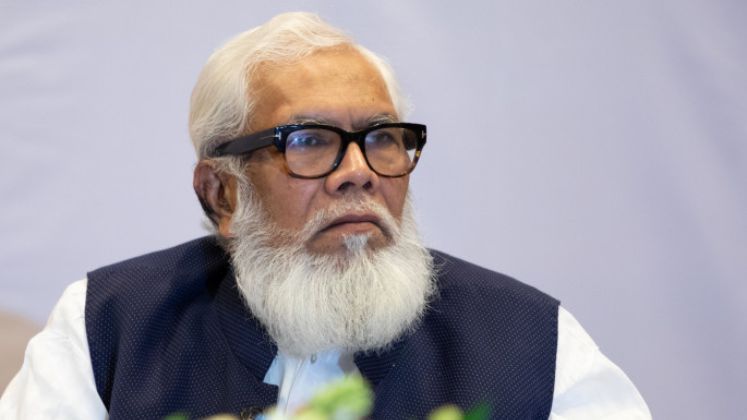
Salman Fazlur Rahman, the Prime Minister’s Private Industry and Investment Advisor, stated that although the Taka will continue to weaken as the dollar gains strength, Bangladesh’s reserves and bank interest rates will also be severely impacted.
Salman F. Rahman stated, “For a long period of time, the Taka had been very stable, and interest rates had also been quite stable,” during his remarks as the chief guest of the 29th Annual US Trade Show’s opening ceremony on 9th May at the InterContinental Hotel.
He said the Bangladesh Bank made important choices about interest and exchange rates on 8th May.
The advisor is hopeful that Bangladesh will be able to overcome the difficulties it faces in the future, which many other nations face.
The United States Embassy in Dhaka and the American Chamber of Commerce in Bangladesh (AmCham) are cosponsors of the 29th Annual US Trade Show.
Zunaid Ahmed Palak, the state minister of posts, telecommunications, and information technology, was also present as a special guest. US Ambassador Peter D. Haas and AmCham President Syed Ershad Ahmed also spoke at the ceremony.
Salman Fazlur Rahman said, “One of our major challenges is the tax and VAT regime; we need to change our tax regime as our tax-GDP ratio is the lowest in South Asia”.
Compared to last year, this year the tax ratio has decreased.
“We need to reverse this trend; otherwise, the government will face serious challenges. I have been advocating for a long time to widen the tax net, not to increase the tax rate,” said Salman F Rahman.
However, the NBR has been raising taxes on people who are in the tax net while leaving people outside of it unaffected.
“We need to reverse this trend by widening the tax net and lowering the tax rates; this is the only way to increase revenue,” he stated.
He stated, “The policy that the NBR has been following does not really deserve praise; if it did, our tax-GDP ratio would not be decreasing; it should be increasing.”
He declared that genuine steps to broaden the revenue base are being seriously considered by the government. “We need to digitalize our tax, VAT, and customs management at the border level and move everything online.”






